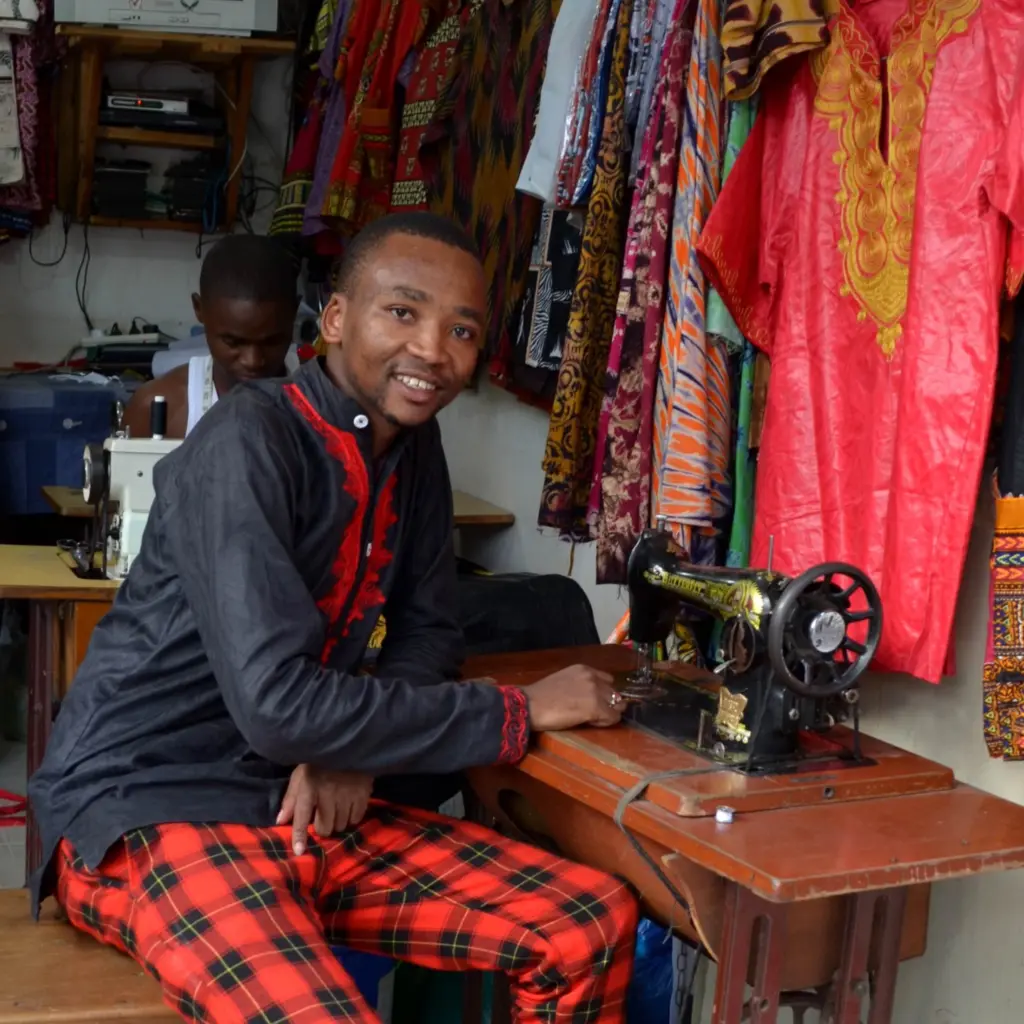STEP Training
Student Training for Entrepreneurial Promotion

STEP Training puts students and young people into action to develop their businesses during the training. Besides general business skills and entrepreneurial knowledge, STEP emphasises the psychological skills entrepreneurs need to succeed in the long term.
During the training the beneficiaries start their own business in teams and receive weekly advice in the following areas:
- Psychology (e.g., personal initiative)
- Business Administration (e.g., finances)
- Entrepreneurship (e.g., business plans)
The content is based on research on entrepreneurial success factors.
STEP aims to change mindsets so that people see self-employment as an attractive career option, thereby helping to increase the rate of business start-ups and create more job opportunities.
In this way, STEP has a double impact as it aims to turn job seekers into job creators.
STEP Training is evidence-based
The Student Training for Entrepreneurial Promotion (STEP) is based on the Action Regulation Theory (Frese & Zapf, 1994), which states that actions are driven by goals, the search for relevant information, plans, and obtaining feedback. Therefore, the training follows an interactive, action-oriented methodology that allows participants to learn by doing and immediately apply the content to their own lives.
STEP participants exhibit a significantly increased entrepreneurial mindset directly after the training.
per cent better opportunity identification.
per cent more businesses two years after the training.
per cent more total income.
per cent better entrepreneurial self-efficacy.
STEP Success Story

Msafiri Raphael | Customized Fashion | Tanzania
An innovative fashion business to preserve Tanzanian culture.
Msafiri Raphael, a Tanzanian entrepreneur, noticed the influence of international fashion on Tanzanian culture and decided to preserve his heritage by combining traditional fabrics with Western cutting patterns. He started a tailor’s shop and gradually expanded his business, employing six tailors and producing customized clothing. Through STEP, he learned to navigate challenges and develop a sustainable business strategy, achieving success in his venture and even expanding into international markets. He aims to enhance his business model using the knowledge gained from the training.
Photography © Leuphana University of Lüneburg
Learn more about STEP Training
Get in contact with us via info@move-eti.com to learn more about STEP and project opportunities.
Or visit the official STEP Training website for more information.

move-eti gGmbH
Entrepreneurship Training Institute
Liebenwalder Straße 12
13347 Berlin
